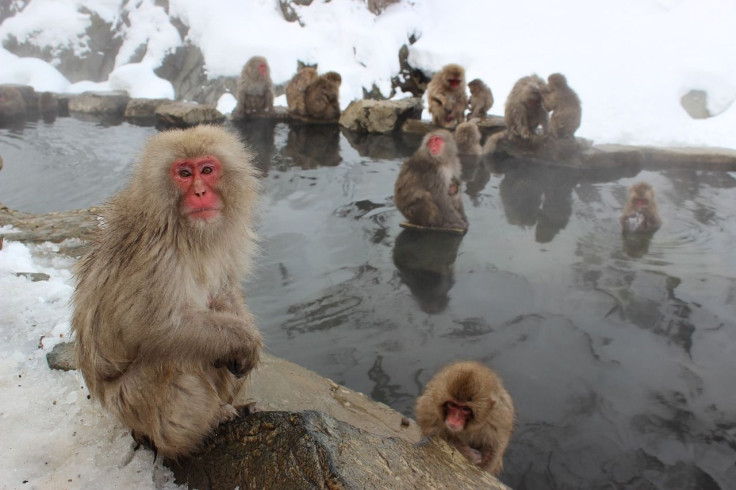Japanese Scientist Contracts Deadly Herpes B Virus From Lab Monkey

The search for better pharmaceutical products sometimes puts the life of the scientists on the line. Such was the case of the Japanese lab worker who contracted the deadly Herpes B virus from a macaque monkey.
The Japanese scientist, whose name was not disclosed, fell ill on Nov. 29 while he was conducting research on the monkeys at a location near Kagoshima City. Details on how he got infected were not yet divulged. However, previous cases point to two possible causes.
Scratched or Bitten By Monkey
According to NYPost’s report, humans can get infected when they get scratched or bitten by the monkey. The Herpes B virus will not harm monkeys, but humans could suffer much when infected.
One of the symptoms in humans is the inflammation of the brain. It could also cause inflammation of the spinal cord. When the disease is left untreated, it could be fatal for the infected person.
According to statistics, in the span of 90 years, there were only 50 cases of human beings being infected by the deadly virus. In Japan, the case of the scientist who was researching the macaque monkey for a pharmaceutical product was the first one recorded in the country. He initially suffered from fever and headaches.
Infected by Bodily Fluid of Monkey
Another recorded case of a monkey infecting humans with the Herpes B virus was in 1997. The case involved a researcher who was also working with monkeys at the time. Bodily fluids from an infected monkey got into her eye, which caused her to be infected by the virus.
According to the Centers and Disease Control Prevention, the B virus is normally transmitted by macaque monkeys. Despite being infected, these monkeys oftentimes don’t exhibit symptoms. Other monkeys could also get infected, like the capuchin monkeys and the chimpanzees. The difference in these monkeys is that they often die when they get infected.
The CDC also stated that hundreds of scratches and bites occur in the United States every year. This often happens in different monkey facilities. However, people don’t get infected often. A study was conducted among 300 animal workers, and it was found that none had the Herpes B virus infection.
© Copyright IBTimes 2025. All rights reserved.





















